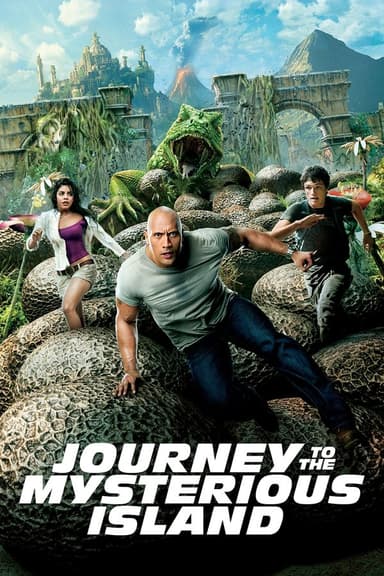
Robinson Crusoe
2003 • Adventure, Drama, Family
The classical story of Robinson Crusoe, a man who is dragged to a desert island after a shipwreck.
Runtime: 3h 25m
Why you should read the novel
Before you press play on the 2003 Robinson Crusoe movie, read Daniel Defoe’s original novel for the authentic survival narrative, intimate journal voice, and hard-earned wisdom only the primary text delivers. The book’s detailed ingenuity, from shelter-building to food cultivation, turns survival into a compelling blueprint of resilience.
Defoe’s Robinson Crusoe is more than an adventure; it is a cornerstone of classic literature. You’ll gain historical context, moral reflection, and a nuanced look at empire, faith, and self-reliance that most screen versions streamline. Search-friendly tip: read the novel first to experience the true depth behind the “Robinson Crusoe book vs movie” debate.
High-quality, unabridged editions and annotated versions make the language accessible, while audiobooks let you absorb Crusoe’s voice as intended. For discovery-minded readers and students, the novel offers richer character development and themes than any two-hour adaptation can match.
Adaptation differences
Structure and timeline: the 2003 adaptation typically compresses Crusoe’s 28 years on the island into a tighter arc, smoothing seasons, milestones, and setbacks into highlight moments. The book’s meticulous journal-keeping, calendar-making, and incremental craftsmanship receive far more attention in Defoe’s narrative than on screen.
Interior life and faith: Defoe’s novel centers on spiritual reckoning, providence, repentance, and gratitude, conveyed through prayers, doubts, and self-audits. The film generally downplays this sustained introspection, shifting emphasis toward external conflict and kinetic action, which changes the story’s moral temperature and psychological depth.
Friday’s portrayal and themes: the book reflects 18th‑century attitudes, including hierarchical dynamics and slow language acquisition. Screen versions, including early‑2000s adaptations, often reframe Friday as a more immediate, equal partner, accelerate communication, and soften colonial overtones, altering the cultural and ethical balance central to the novel.
Action beats and ending: films frequently add or amplify pirates, mutineers, storms, and last‑act showdowns to deliver cinematic stakes. Defoe’s text lingers on practical survival and a gradual, providential rescue, plus an extended homecoming; the movie typically streamlines or omits these closing chapters, changing the trajectory and tone of Crusoe’s return.
Robinson Crusoe inspired from
Robinson Crusoe
by Daniel Defoe












